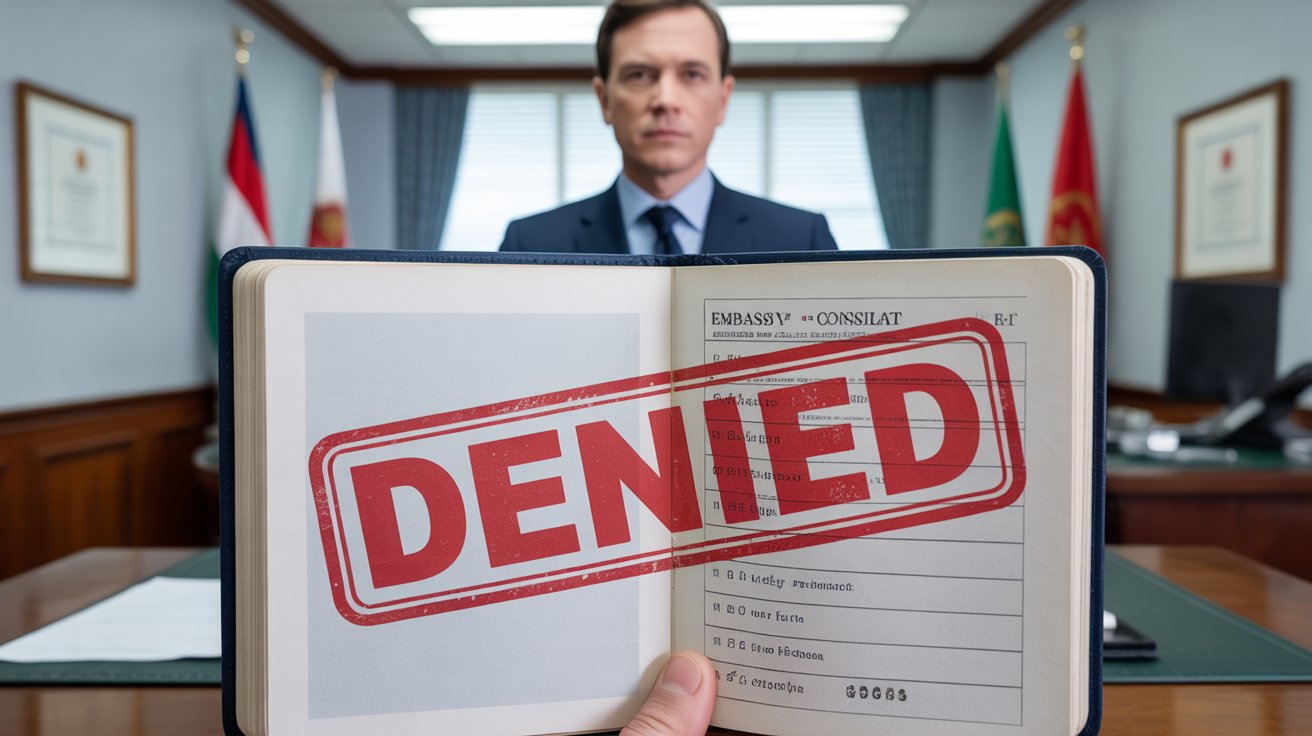A Ukrainian man living in Germany for ten years goes to renew his passport. The embassy refuses. His choice: return to fight in a war, or become undocumented in the only country he calls home.
When the war in Ukraine broke out, the government began drafting men to fight. What shocked the world was how far the reach of that draft extended. Thousands of Ukrainians live abroad—some who left years ago, some who’d never even lived there as adults. The Ukrainian government decided that didn’t matter. Embassies around the world stopped renewing passports for military-age men between 18 and 60 (not a typo), regardless of where they lived or how long they’d been gone.
If your passport was about to expire, and you didn’t have a second residency or citizenship, you were on borrowed time. Eventually, you’d be undocumented wherever you lived—unable to work, travel, or even open a bank account. The only country that would still accept you would be the one drafting you.
It was a clever move—and a cruel one. But more than that, it was an innovation.
Traditional draft enforcement has limits. A government can patrol its borders, prosecute draft dodgers who remain in the country, even extradite citizens in some cases. But this? This was different. This turned every embassy into an enforcement mechanism and every passport renewal into a pressure point. A man who emigrated a decade ago, who built a life elsewhere, who may have never even considered himself Ukrainian in any meaningful sense—suddenly he’s not just obligated to return. He’s compelled to return, not by force, but by the slow suffocation of his legal existence abroad.
It’s the latest evolution in how governments assert control over people who thought they’d left. You don’t need soldiers going door to door in foreign countries. You don’t need extradition treaties or international manhunts. You just need a document that expires—and the refusal to renew it.
Imagine that man who left Ukraine ten years ago. Maybe he started a family, built a business, pays taxes in another country. He hasn’t lived under Ukraine’s laws for a decade, but his passport is still Ukrainian. One day it expires. He applies to renew it. The embassy says no. His only option is to return “home.”
And the moment he lands, he’s not a husband or a father or an entrepreneur. He’s a conscript.
This is where the question of identity becomes urgent. Governments operate on the assumption that who you are is their choice—that your identity, your obligations, even your body belong to them based on an accident of birth. You were born within certain borders, so you are theirs. You can leave, but you cannot stop being theirs. That claim follows you across oceans and decades.
A second passport is how you contest that claim. It’s not about tax optimization or travel convenience, though those matter. It’s about ensuring that no single government can define the totality of your existence. It’s about having an exit that can’t be sealed off by bureaucratic strangulation.
That war halfway around the world—one you had nothing to do with, that doesn’t touch your life in any direct way—suddenly becomes your destiny. Not because you chose it, but because you only have one passport.
A second passport is how you take back the right to choose who you are.

